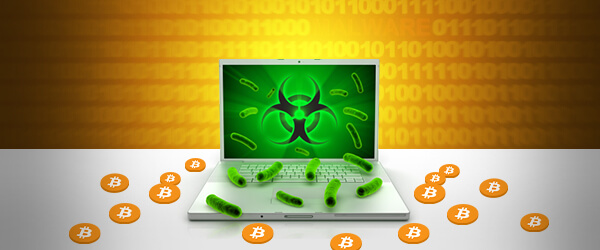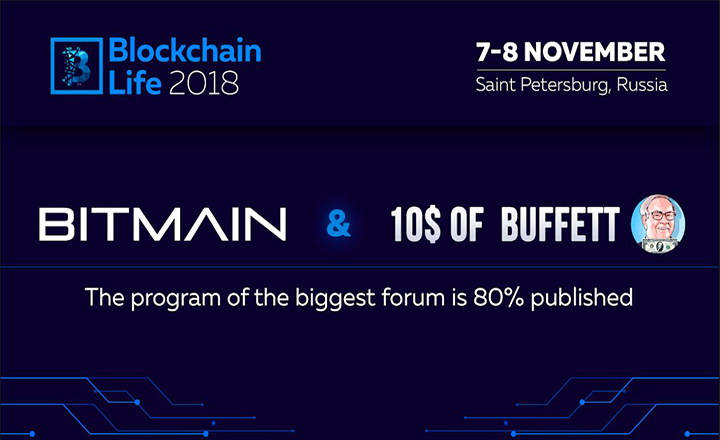Bitcoin & Altcoin Users Must Avoid New Malware

Bitcoin and cryptocurrency owners must be aware of a new type of malware. If the malware gets into the computer, it can steal the user’s digital wallet login information. The cryptocurrencies the malware targets other than Bitcoin includes Anoncoin, Megacoin, Fastcoin, Terracoin, Litecoin and Ixcoin.
The creation of a new malware can be due to the massive increase in the price of Bitcoin and other certain cryptocurrencies. Criminals around the world may have taken notice of the price of the most used cryptocurrencies and are looking for a way to steal them.
This type of Bitcoin malware is not anything new and is similar to the previous Bitcoin ransomware. Fortunately, cryptocurrency wallet owners can protect themselves by following a few guidelines.
Email malware
Cryan, an internet security service provider, discovered a new type of malware that could steal the username and password of a Bitcoin wallet. The primary focus of the malware is users with a bank account. The reason for the target is how the malware infiltrates a victim’s computer.
The target will receive a fake email that looks like it came from a credible banking institution. The email states of a cash deposit made to the victim’s account. The message intends to trick him into opening the attachment on the email to check how much is in his account.
The attachment is the malware, which is an executable file. When the victim accesses the file, the malware creates a hidden program in the computer. The program collects a variety of information on the cryptocurrency owner’s web browser and FTP software. This includes the websites he visits and stored passwords.
The malware has a keylogger function. This allows the malicious program to record any keyboard strokes and mouse clicks. Hackers will know the target’s password when he types it.
Bitcoin and altcoins stored offline may also be at risk. The malware can look for any cold storage wallets connected to the computer.
Protection against malware
The best way to prevent this problem is to avoid opening any attachment from an unexpected email. A suspicious email often has a different email address than the one a legitimate bank normally uses.
Another sign of an email with a malware attachment is an urgent message to perform a certain action. A bank email with the malware would tell the target victim to immediately verify if the information on the attached file is correct. The notice adds more urgency by tricking the victim to do it right away to prevent his account or money transferring from getting suspended or cancelled.
Cryptocurrency owners can further protect themselves by installing an updated firewall and anti-malware program on their computer. Another way of keeping cryptocurrencies safe is to place them in an offline cold storage. This could be a paper wallet printout or a cryptocurrency storage device. Certain cold storage devices are resistant against malware that have a keylogger function. Moreover, disconnecting the offline storage like a USB wallet from the computer is advised.













